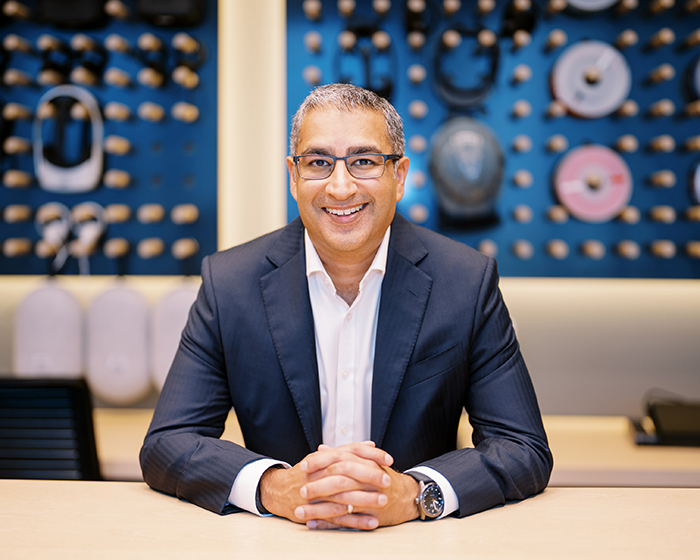PwC Middle East released its third quarter TransAct Middle East report titled, “Increasing focus on tech as dealmakers’ confidence returns” which offers insights on the Merger & Acquisition (M&A) activity across the region during the first nine months of 2021.
The M&A activity levels have reached the highest number of completed deals during 2021 compared with the same period in the years 2020, 2019 and 2018. Moreover, the majority of the deals activity within the Middle East were focused on the UAE, recording the highest number of completed deals, followed closely by Egypt and then Saudi Arabia. Moreover, Technology has been at the centre of deal activity across all key sectors: retail and consumer, financial services, e-commerce and technology and education and healthcare.
While acquisitions have maintained momentum at FY20 levels, fundraising has become a major driver of activity during 2021 across various sectors. Some of the emerging M&A themes since the start of 2021 include:
-
Increased appetite for tech deals
The first nine months of 2021 have seen growing interest by angel investors, Venture Capitals (VC) and Private Equity in tech-based start-ups, including fintechs, online retailers and platforms in sectors such as healthcare, insurance, media publishing, food delivery and auto services. Fundraising has been leading this area for the purpose of: helping businesses seeking assets or investors to achieve growth more rapidly, providing attractive routes to diversify into e-commerce and digitalised operations and paving direct access to regional markets.
-
Momentum in the capital market activity
There continues to be momentum in the key capital markets across the region. The IPO pipeline looks promising as there are a number of companies, particularly across Saudi Arabia and UAE, are currently preparing for IPOs or direct listings.
-
Opportunities in the infrastructure sector triggered by capital recycling and national transformation agendas
Infrastructure and industrial segments maintained momentum and will continue, as governments look to abide to invest in the infrastructure sector, both traditional and digital, while capital recycling and shift funds from oil-based segments to wean economies off energy revenues.
Romil Radia, Middle East Deals Partner & Markets Leader at PwC Middle East, noted: “The first nine months of 2021 have been marked by a strong revival in M&A activity as the Middle East returns to growth after the COVID-19 downturn. This sharp rise indicates both pent-up dealmaking energy and the demand among investors to put spare capital to work. We are seeing an increased appetite for investing in companies/partnerships to accelerate the transformation of businesses which are being disrupted as well as reallocation of capital towards sector disruptors.”
Ovais Chhotani, Middle East Deals Partner, added: “Fundraising by tech companies has been a key driver of capital flows into the Middle East during the past nine months, with investments distributed across a range of sectors – notably, payment gateways, fintech companies, e-commerce, marketplace platforms, online health and education platforms. It is very encouraging to see the investment (including Foreign Direct Investment) in innovative start-up companies in the region as this will help achieve overall national transformation objectives.”
There are distinctive regional features in the momentum in the M&A market backed by ambitious government transformation agendas such as Saudi Arabia’s Vision 2030 and Abu Dhabi’s Economic Vision 2030. The trends highlighted in PwC’s TransAct Middle East report – increased investment in technology assets, momentum in the capital markets, and the continuing infrastructure spending – fit into the wider picture of a region undergoing rapid structural change as the Middle East emerges from the pandemic.


COMMENTS